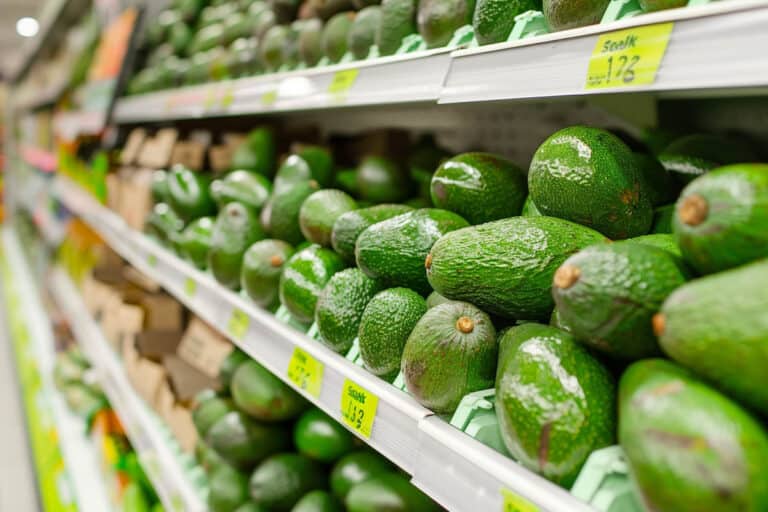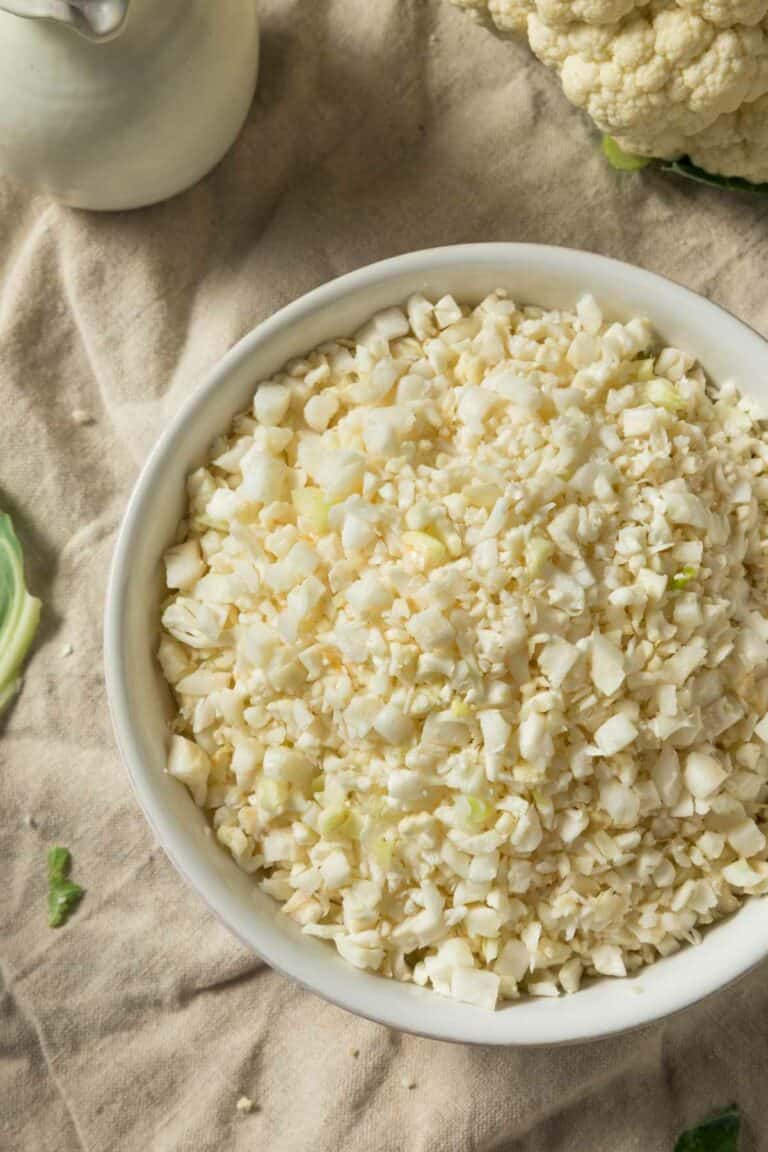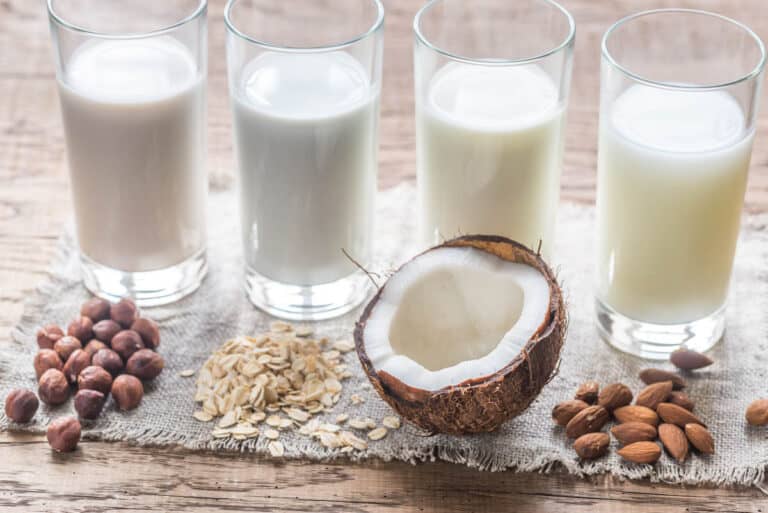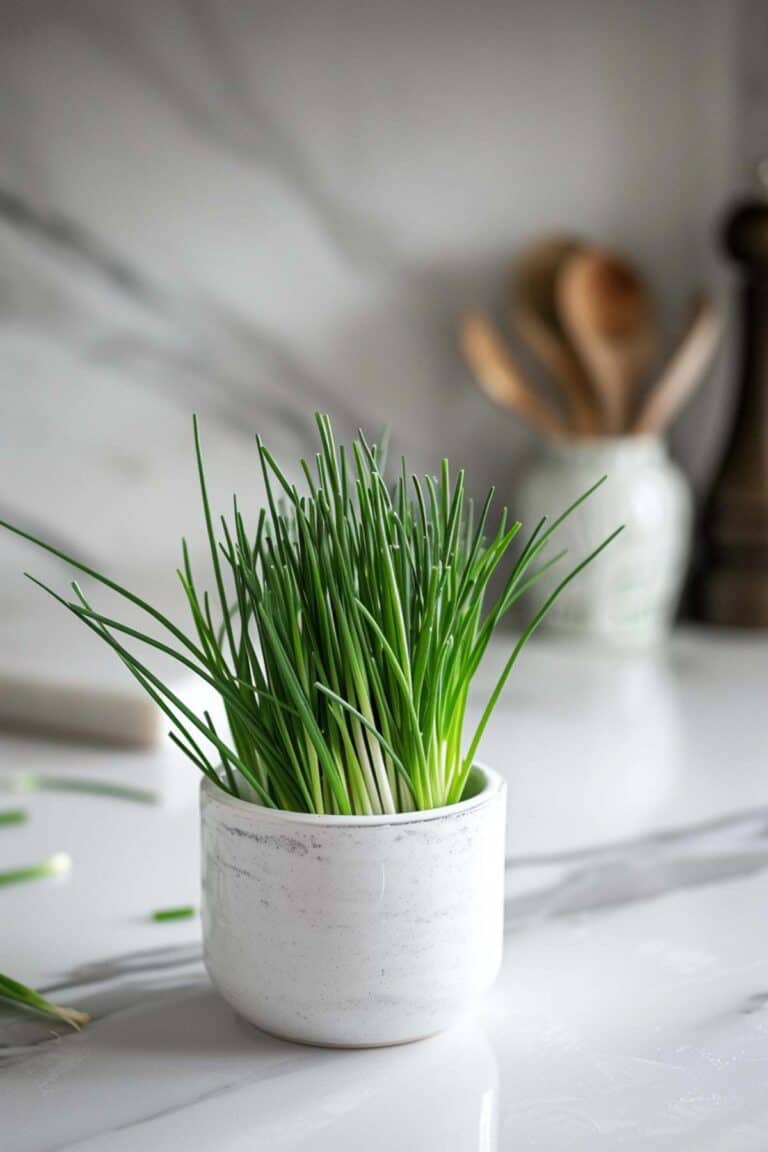0-Calorie Sweeteners Made Easy: A Practical Guide
Venturing into a healthier lifestyle often involves finding alternatives to sugar and 0-calorie sweeteners are a viable option. This guide breaks down how these sweeteners can effectively replace sugar in your diet to maintain sweetness in your life without compromising on taste or health goals.
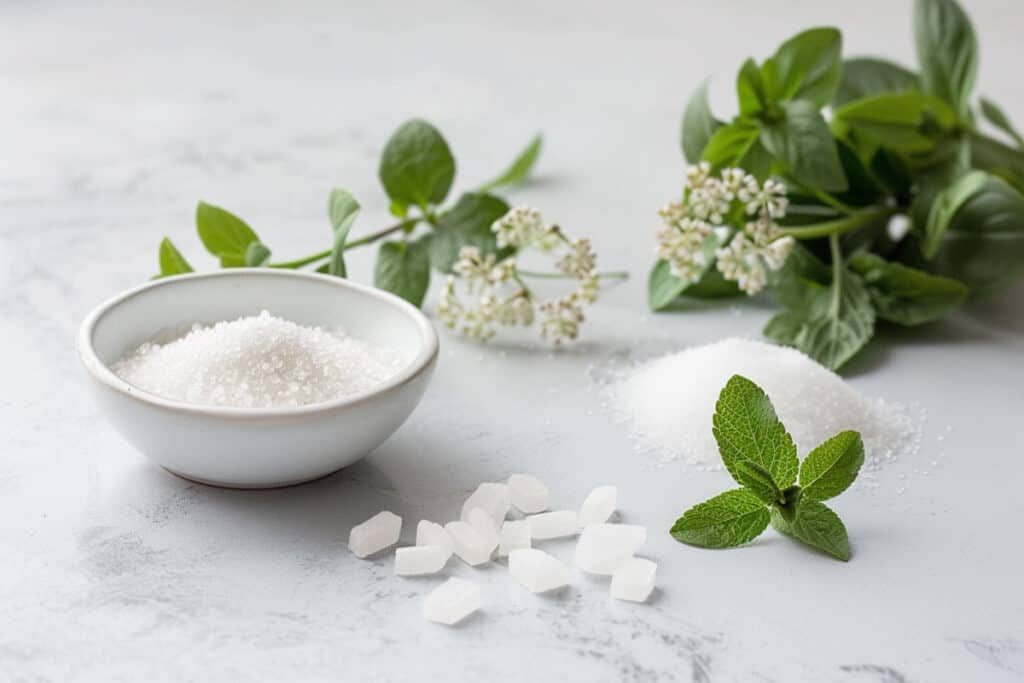
In a world where health consciousness is on the rise, 0-calorie sweeteners have become a game-changer. Sweeteners, such as stevia, monk fruit, erythritol, and allulose offer the sweetness of sugar without the associated calories.
Understanding 0-Calorie Sweeteners
Just as an abundance of flour substitutes and baking soda substitutes exist, there are also quite a few options for sugar substitutes. 0-calorie sweeteners are alternatives to sugar that provide little to no calories. Unlike regular sugar, which is high in calories and comes with a host of potential issues, these sweeteners have a negligible calorie count. They’re often much sweeter than sugar, meaning you need less to achieve the same level of sweetness.
Before getting into the specifics of each sweetener, it’s important to understand the common ground they share. Stevia, monk fruit, erythritol, xylitol, allulose, and other 0-calorie sweeteners are celebrated for their ability to mimic sugar’s sweetness while offering a healthier alternative.

Each has unique properties and benefits, making them suitable for different needs. They range from completely natural, like stevia and monk fruit, to scientifically processed, such as erythritol and allulose. Despite these differences, all share a common goal: to provide a sweet taste without the calorie burden of traditional sugar.
Stevia
Derived from the leaves of the stevia plant, this sweetener is natural and calorie-free. Stevia is known for its intense sweetness, often hundreds of times sweeter than sugar. It is also linked to health benefits like reduced blood sugar levels.
Monk Fruit
This sweetener comes from a fruit native to Southeast Asia. Monk fruit is calorie-free and can be up to 200 times sweeter than sugar. It has a long history of use in traditional medicine.

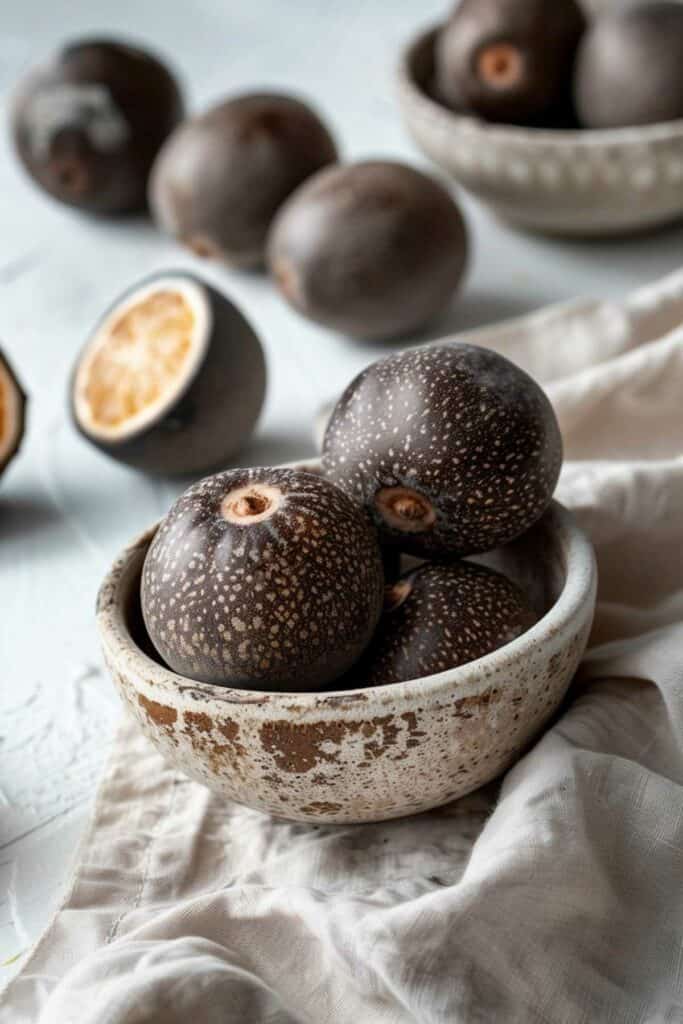
Erythritol
This sugar alcohol is produced through fermentation. It has about 70 percent of the sweetness of sugar but almost no calories. Erythritol doesn’t spike blood sugar, making it a possible good choice for diabetics. Although there are some studies that question whether erythritol is safe, they have been criticized for failing to prove causation rather than association.
Allulose
Allulose is a rare sugar naturally found in small quantities in fruits. It tastes like sugar but has approximately 10 percent of the calories. It has minimal impact on blood sugar and insulin levels. Like many low-calorie and 0-calorie sweeteners, allulose is keto-friendly for those wanting to venture into sugar-free baking.
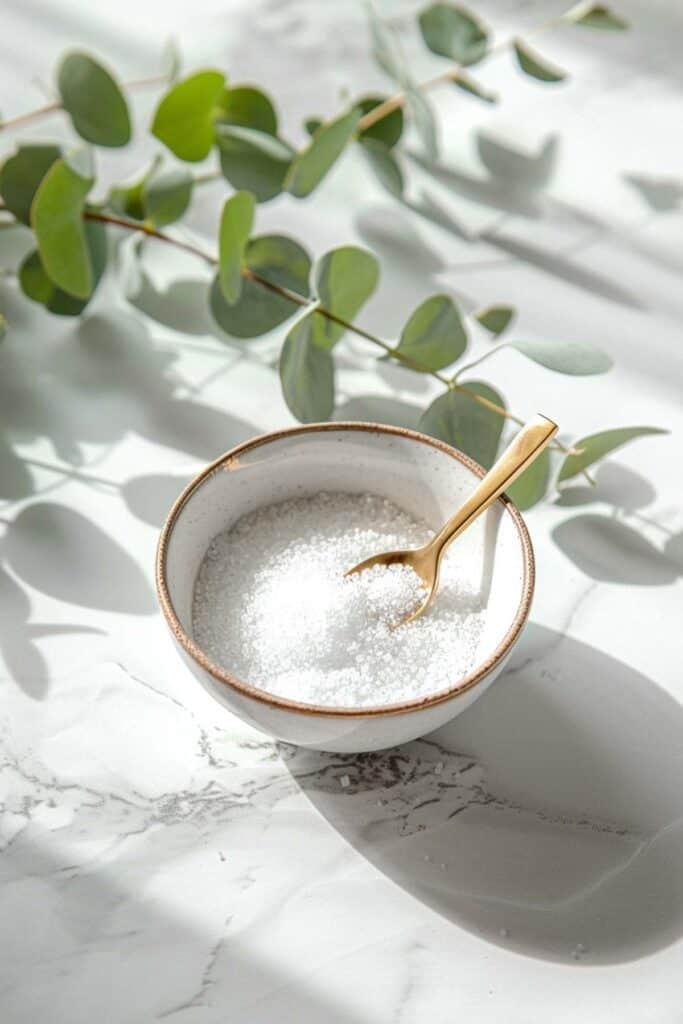
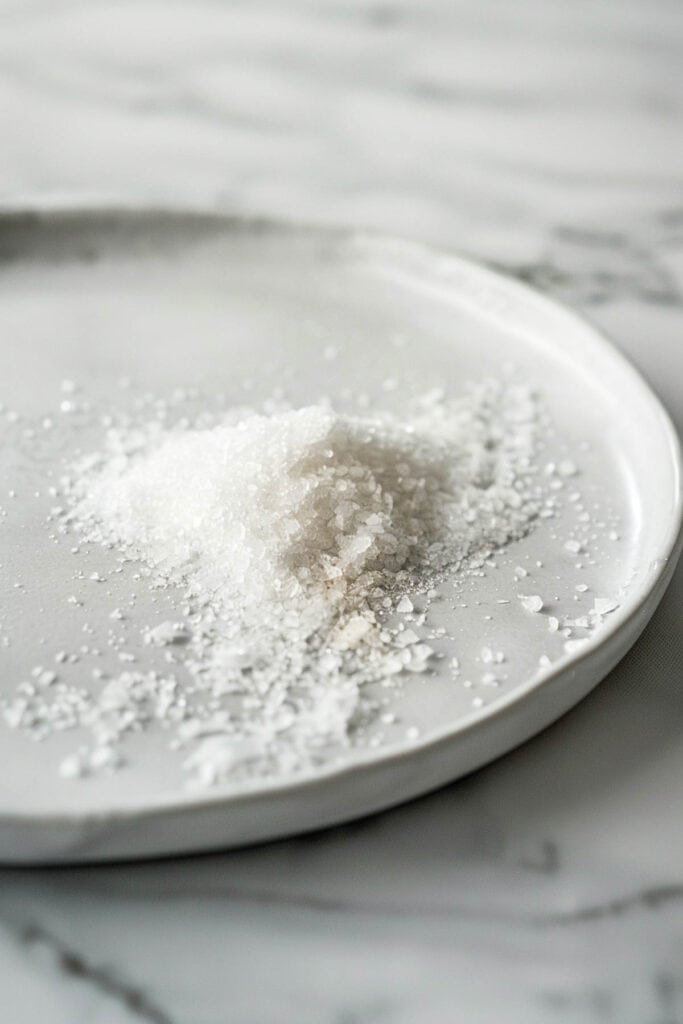
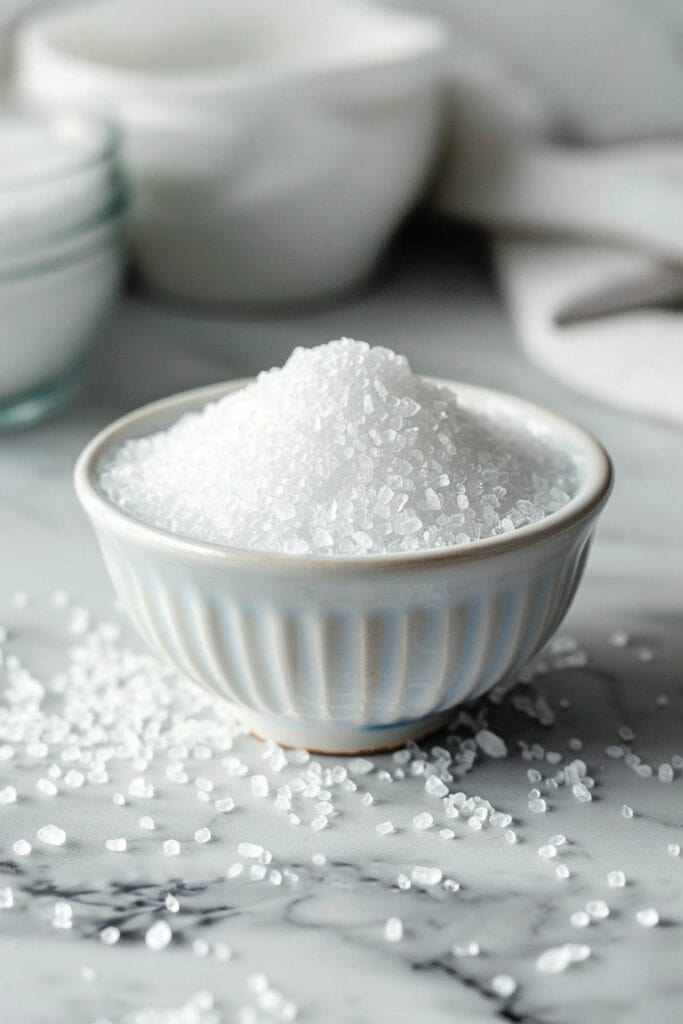
“My favorite 0-calorie sweetener at the moment is allulose. There is no aftertaste, no spike in blood sugar; it melts perfectly while baking and adds a smooth texture in frostings or sauces.”
— Zuzana Paar, Low Carb No Carb
Xylitol
A sugar alcohol derived from plants, xylitol is a 0-calorie sweetener with a sweetness similar to sugar. It’s worth noting that xylitol can cause digestive discomfort in some individuals when consumed in large quantities.
Less Desirable 0-Calorie Sweeteners
While sucralose, aspartame, and saccharin have been popular 0-calorie sweeteners, they have aspects that may make them less favorable for some individuals.
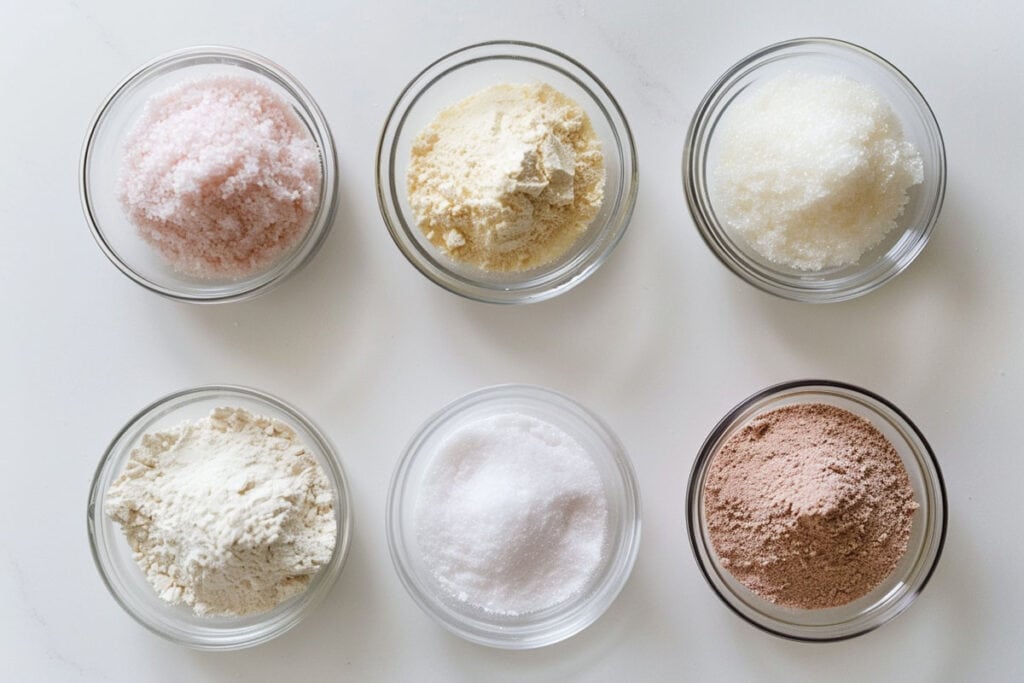
There are concerns about the safety of sucralose when used in cooking at high temperatures. Aspartame, known for its presence in diet sodas, has been linked to controversy over potential health effects in certain individuals. Saccharin, one of the oldest artificial sweeteners, can leave a metallic or bitter aftertaste, which may be off-putting to some users.
Furthermore, despite being declared safe by health agencies, there are still factors that may contribute to why some people opt for natural sweeteners like stevia or monk fruit over these artificial alternatives.
Baking With 0-Calorie Sweeteners
Creating an accurate substitution chart for how to substitute sugar with common 0-calorie sweeteners is essential for proper use in cooking and baking. Below is a general guide for substituting these sweeteners for 1 tablespoon of sugar. Please note that these ratios can vary based on the brand and specific formulation of the sweetener, so it’s always best to check the packaging for the manufacturer’s recommendations.
Stevia
As stevia is much sweeter than sugar, a little goes a long way. Typically, you can replace 1 tablespoon of sugar with about 1/4 teaspoon of powdered Stevia or 6 to 9 drops of liquid stevia.
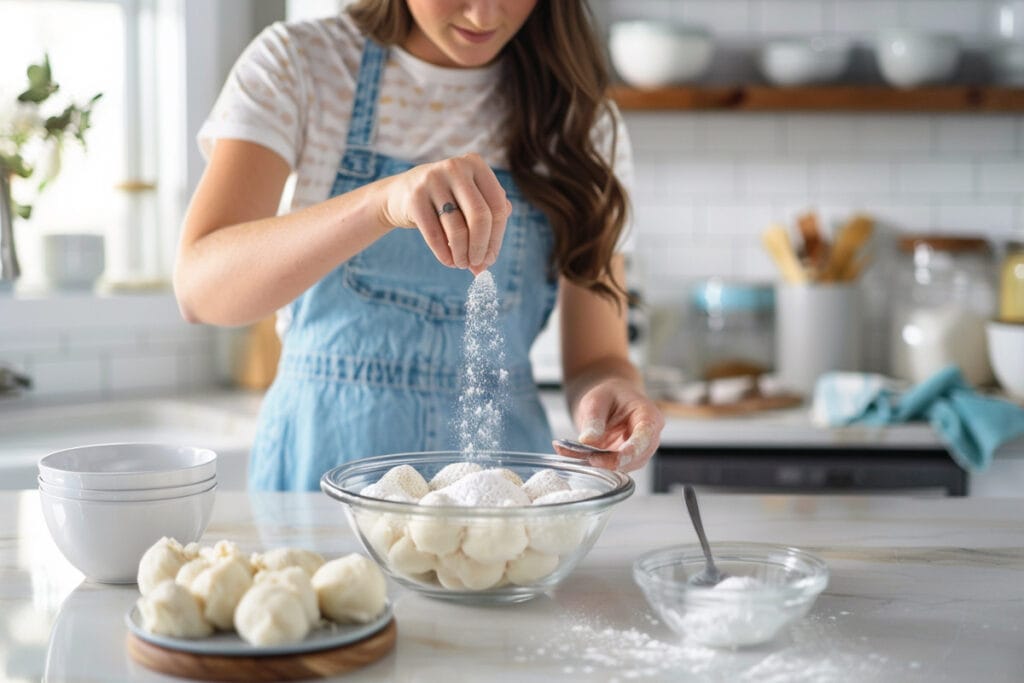
Monk Fruit
Monk fruit is similar to stevia in its sweetness. 1 tablespoon of sugar is usually equivalent to 1/4 teaspoon of monk fruit sweetener.
Erythritol
Since it’s less sweet than sugar, more is required. Replace 1 tablespoon of sugar with about 1 and 1/3 tablespoons of erythritol.
Allulose
Allulose is close to sugar in sweetness. 1 tablespoon of sugar can be substituted with about 1 tablespoon of allulose.


Xylitol
Xylitol is similar in sweetness to sugar. Use a 1 to 1 ratio, so 1 tablespoon of sugar is replaced with 1 tablespoon of xylitol.
Remember, these are general guidelines. The ideal substitution can depend on personal taste preferences and the specific recipe you’re working with. Always taste and adjust as needed.
Don’t let the thought of swapping sugar out of your favorite dessert recipes overwhelm you. These low- carb and vegan dessert recipes should be just enough to inspire you to give these 0-calorie sweeteners a try, so be sure to check them out.
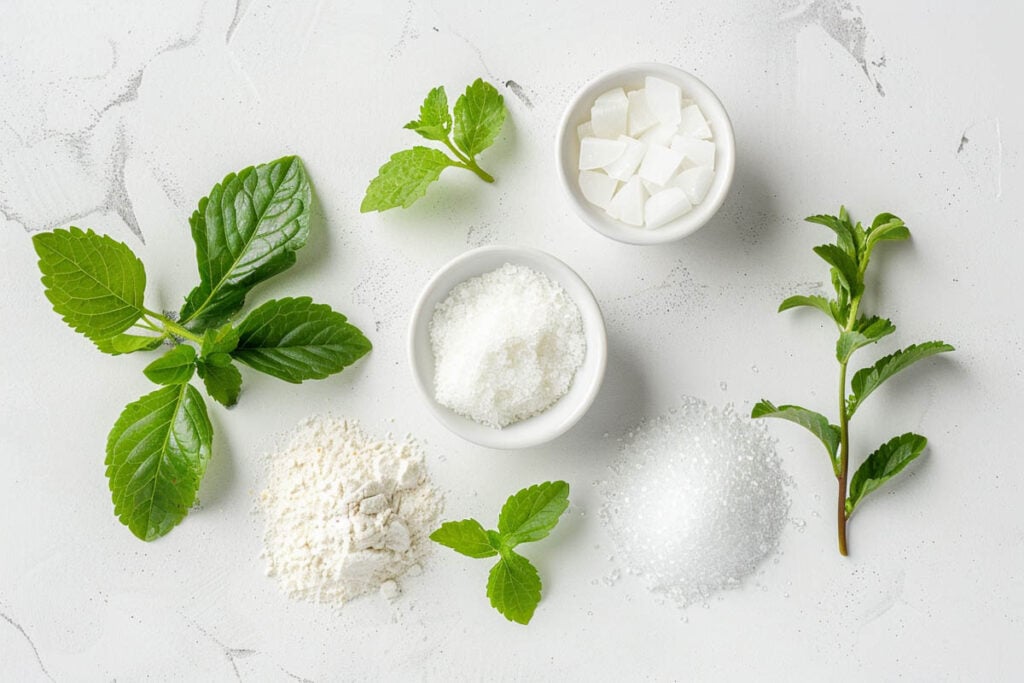
Conclusion
0-calorie sweeteners are a fantastic tool in modern cooking and health management. They offer the sweetness of sugar without the extra calories, making them an excellent choice for weight management. They also don’t raise blood sugar levels, making them a potential choice for people with diabetes. By understanding how to use all the different sugar alternatives, you can enjoy sweet treats without the guilt.
This article originally appeared on Food Drink Life.


